
In the 2008 US elections one of the more moronic episodes involved Joe the Plumber. John McCain hauled him out as an "every redneck" who would be affected by Barack Obama's massive threat of universal health care. It turned out that Joe wasn't a big McCain supporter but he got his ten minutes of fame.
Well, Joe didn't go away in the blogosphere. And he managed to be incredibly offensive this past week when he told the families mourning the senseless drive-by murders of their innocent young people that their grief did not trump his constitutional right to bear arms. Oh sure, he understood that they were sad, and he would be too if his kids were murdered. But his inalienable right to be a gun-toting insensitive moron is more important that their loss.
A lot of Americans are outraged by the heartlessness of Samuel Joseph Wurzelbacher, but maybe he is "everyman." After all, isn't this what US legislators and the people who elected them have decided? We know the drill by now. Someone comes out of nowhere to mow down the innocents at a school, or a movie theatre, or a political rally. Lots of hand-wringing and expressions of shock and grief take place, with everyone right up to the president involved. Then...nothing. Well, that's not true. After each appalling tragedy Americans go out and buy more weapons, often versions of the firearm used to perpetrate the atrocity. It is a dizzying denial of a national shame.
Where are the people of Christ when this happens? Why aren't the congregations of America, in their tens of thousands forming a united front to call for an end to this insanity. Instead we hear of Bring Your Gun to Church Sundays and pastors railing in favour of "open carry" laws.
Is there anything in this blog entry to suggest that I am outraged by all this? Why can't it change? Why don't Jesus' followers lead the way? Damn it people, take a stand! This is not what God wants for your nation!
Phew. I'm done. Thoughts?






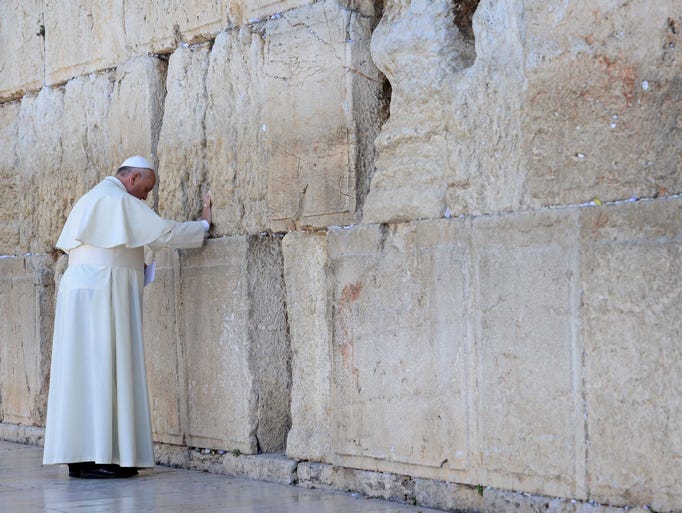


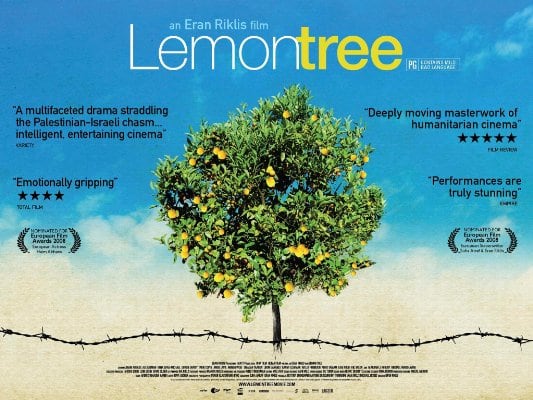









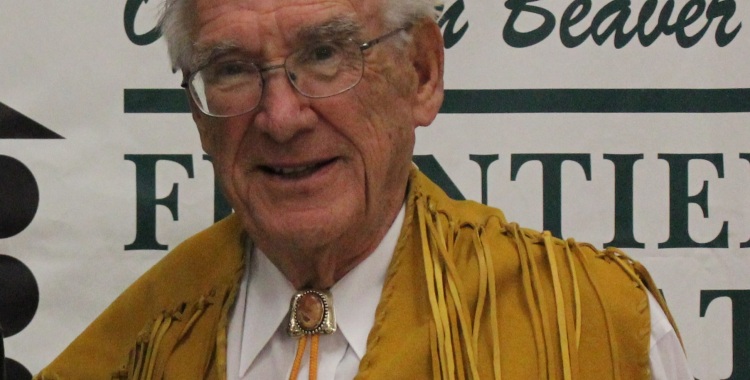

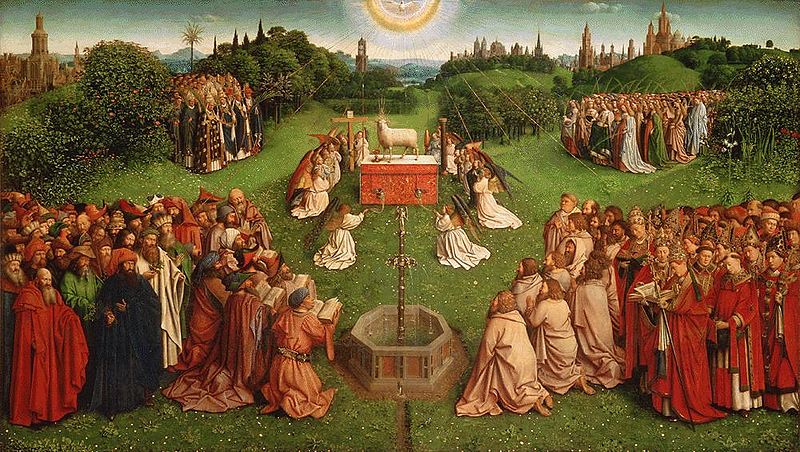











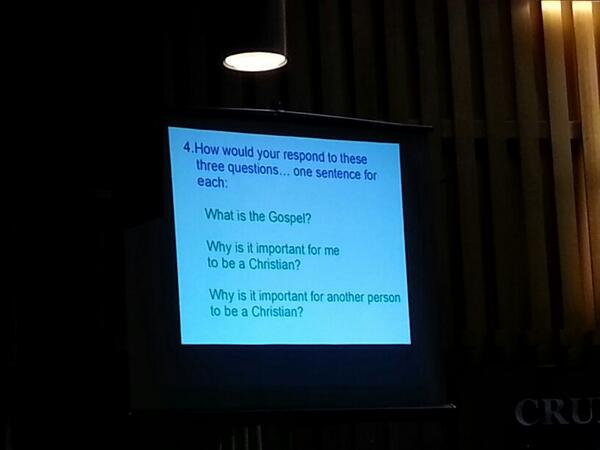
_-_James_Tissot.jpg)